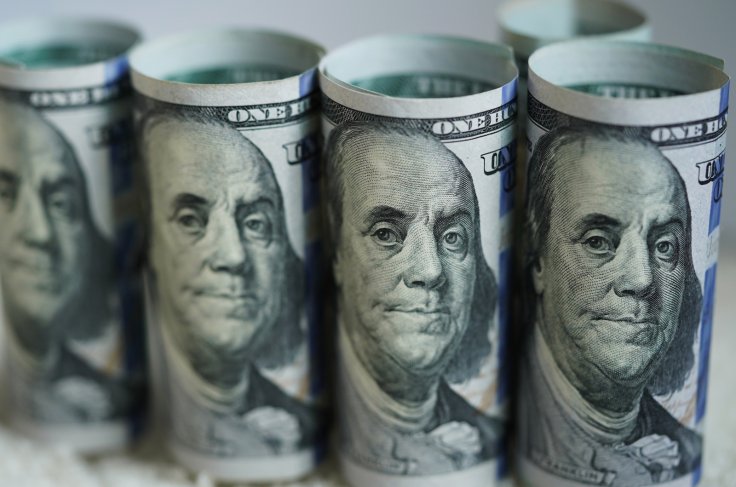Credit rating agency Fitch downgraded the US government's top credit rating, the first such move after S&P lowered the US sovereign rating in 2011. Fitch cited the growing debt burden of the US and the governance crisis that was manifest in the debt-ceiling standoff a few months ago between the administration and the Republican-led Congress as the reasons for the downgrade.
'Defies Reality'
The White House and the US Treasury department criticized the rating agency's decision. While the White House said the move defied reality, Treasury Secretary Janet Yellen said Fitch's move was arbitrary and based on outdated data. "It defies reality to downgrade the United States at a moment when President Biden has delivered the strongest recovery of any major economy in the world," White House press secretary said.

While downgrading the United States to AA+ from AAA, Fitch said the country was expected to see fiscal deterioration over the next three years and the government would even be challenged on its ability to pay its bills.
Steady Deterioration in Standards of Governance
"In Fitch's view, there has been a steady deterioration in standards of governance over the last 20 years, including on fiscal and debt matters, notwithstanding the June bipartisan agreement to suspend the debt limit until January 2025," the rating agency said.
Fitch placed its "AAA" rating of US sovereign debt on watch in May following the acrimonious Congress battle between the administration and the Republicans over the terms under which the debt-ceiling deal was to be hammered out.
The two sides eventually reached a debt ceiling agreement that lifted the government's $31.4 trillion borrowing limit but the process exposed the underlying risks to the system. According to Fitch, the protracted political standoffs over the debt limit dented confidence in the government's fiscal management.
The Impact
Following the downgrade by Fitch, the US stock market tumbled, and the shock waves were felt throughout the global markets. "This was unexpected, kind of came from left field .... As far as the market impact, it's uncertain right now. The market is at a point where it's somewhat vulnerable to bad news," said Keith Lerner, co-chief investment officer at Truist Advisory Services in Atlanta, according to Reuters.
While Dow Jones Industrial Average futures dropped by 103 points, or 0.29 percent, S&P 500 and Nasdaq-100 futures fell 0.44 percent and 0.63 percent, respectively. Asian stocks also edged lower, with MSCI's broadest index of Asia-Pacific shares falling 0.5 percent and Japan's Nikkei dropping 1.2 percent. China's mainland index and the Hong Kong index fell by 0.3 percent and 0.5 percent, respectively.
However, most investors brushed aside the chances of a long-term impact from the Fitch downgrade of US rating. "I don't think you are going to see too many investors, especially those with a long-term investment strategy saying I should sell stocks because Fitch took us from AAA to AA+," said Jason Ware, chief investment officer at Albion Financial Group, according to Reuters.








